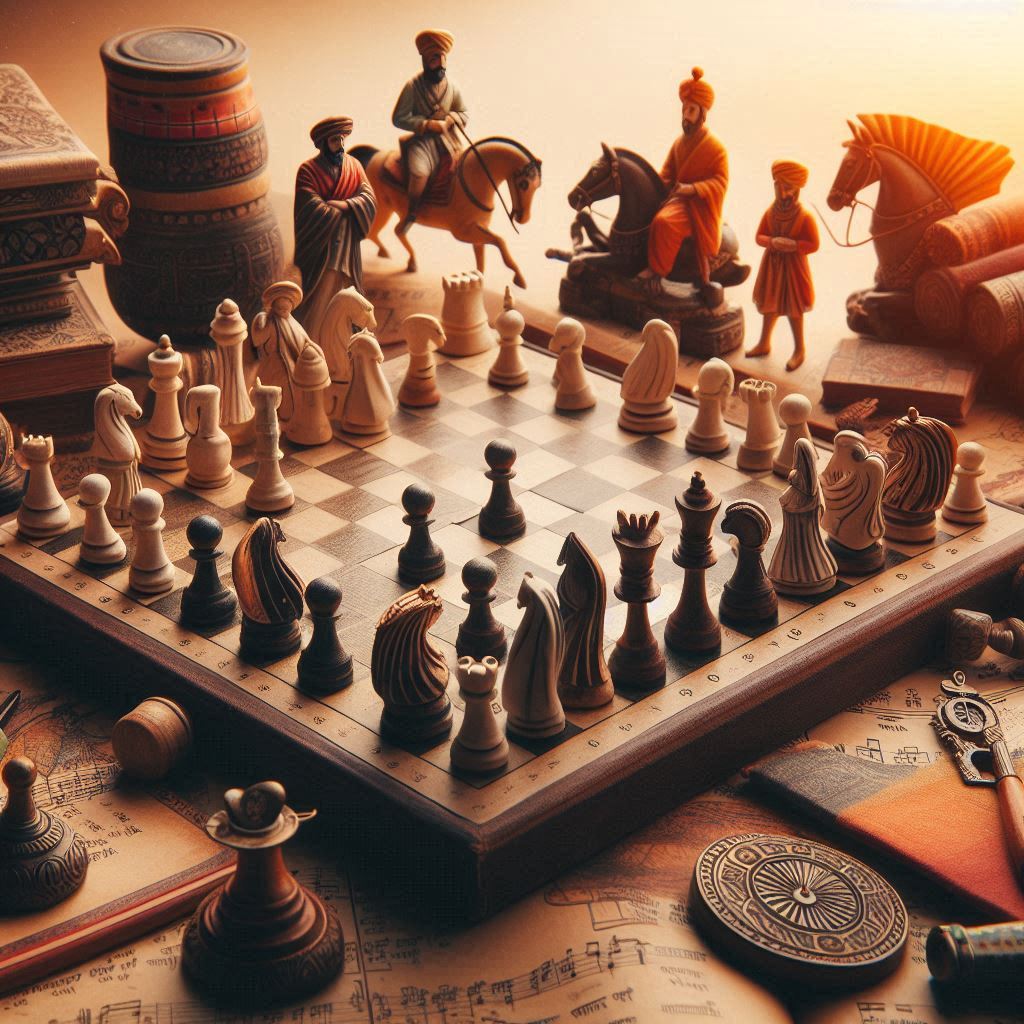Introduction
Chess engines have dramatically altered the landscape of the game. These powerful tools, driven by advanced algorithms and artificial intelligence, have revolutionized how players study, prepare, and compete. From influencing opening theory to providing deep game analysis, chess engines have become indispensable in modern chess. This article delves into the various ways chess engines have impacted the game, reshaping strategies and elevating the level of play.
The Evolution of Chess Engines
Historical Development and Milestones: The journey of chess engines began in the mid-20th century with rudimentary programs that could barely compete with novice players. Significant milestones include the creation of IBM’s Deep Blue, which famously defeated Garry Kasparov in 1997. Today, engines like Stockfish, AlphaZero, and Leela Chess Zero represent the pinnacle of chess AI, capable of analyzing millions of positions per second.
Enhancing Opening Preparation
How Engines Influence Opening Theory and Preparation: Chess engines have become essential tools for opening preparation. By analyzing vast databases of games and evaluating countless variations, engines help players discover new lines, refute dubious ones, and refine their repertoires. This has led to a rapid evolution in opening theory, with novel moves and strategies emerging regularly.
Deep Game Analysis and Insights
Improving Post-Game Analysis and Learning: One of the most significant impacts of chess engines is their ability to provide deep and accurate game analysis. Players can review their games with engine assistance, identifying mistakes, missed opportunities, and optimal moves. This feedback is invaluable for learning and improving, offering insights that were previously inaccessible.
Training and Improving Skills
Engines as Training Tools for Players of All Levels: Chess engines serve as powerful training partners and coaches. They can simulate high-level opponents, offer tactical puzzles, and suggest areas for improvement. Tools like ChessBase and online platforms provide interactive training sessions with engine support, helping players enhance their skills efficiently.
Influence on Competitive Play
Impact on Professional and Amateur Tournaments: In competitive play, engines have reshaped how players prepare for matches. Detailed preparation using engines is now standard practice for top players, who analyze their opponents’ games and explore potential lines. This has elevated the overall quality of play and increased the depth of strategic preparation.
Changes in Playing Style
How Engines Have Influenced Modern Playing Styles: The influence of engines is evident in the evolution of playing styles. Modern players often adopt more dynamic and flexible approaches, integrating complex tactical ideas and deep strategic concepts suggested by engines. This shift has made contemporary chess more aggressive and resourceful.
Advancing Chess Theory
Contributions to Middle Game and Endgame Theory: Chess engines have significantly advanced middle game and endgame theory. By exploring complex positions and discovering new strategies, engines have expanded our understanding of these critical phases. Endgame databases, powered by engines, provide precise solutions to previously unsolvable endgames.
AI and Neural Networks
The Role of Advanced AI in Modern Chess Engines: The advent of AI and neural networks has revolutionized chess engines. AlphaZero, developed by DeepMind, uses deep learning to evaluate positions and learn from millions of games. This approach has led to innovative strategies and a new paradigm in engine development, moving beyond traditional brute-force calculation.
Challenges and Ethical Considerations
Addressing Cheating and Fair Play in Chess: The rise of powerful engines has introduced challenges related to cheating and fair play. Ensuring that players do not use engine assistance during live games is a significant concern. Tournament organizers employ various measures, including anti-cheating software and strict regulations, to maintain integrity in competitive chess.
Chess Engines and Historical Analysis
Revisiting Classic Games with Modern Technology: Modern engines allow us to revisit and analyze classic games with unprecedented accuracy. By applying engine analysis to historical matches, we can gain new insights into the strategies and decisions of past masters, deepening our appreciation of their brilliance.
Future of Chess with Engines
Emerging Trends and Future Possibilities: The future of chess with engines is promising, with continuous advancements in AI and computing power. Future engines will likely offer even deeper insights, personalized training experiences, and novel strategies. The integration of virtual reality and augmented reality could further revolutionize how we interact with and learn from chess engines.
FAQs
What is a chess engine?
A chess engine is a computer program that analyzes chess positions and generates optimal moves based on advanced algorithms and artificial intelligence.
How have chess engines changed the way players prepare for games?
Chess engines provide detailed analysis and preparation tools, allowing players to explore new lines, refine their repertoires, and analyze opponents’ games with high accuracy.
Which are the most powerful chess engines today?
Stockfish, AlphaZero, and Leela Chess Zero are among the most powerful chess engines, capable of analyzing millions of positions per second and offering deep strategic insights.
How do engines help in learning and improving chess skills?
Engines provide accurate game analysis, tactical puzzles, and training simulations, helping players identify mistakes, understand optimal moves, and improve their overall skills.
What are the ethical concerns associated with chess engines?
The main ethical concern is cheating, where players use engine assistance during live games. Ensuring fair play involves strict regulations and anti-cheating measures in tournaments.
What is the future of chess with AI and engines?
The future includes more advanced AI-driven engines, personalized training, and potential integration with virtual and augmented reality, offering deeper insights and new ways to learn chess.
Conclusion
Chess engines have revolutionized the game, transforming how players prepare, analyze, and compete. These powerful tools have deepened our understanding of chess, introduced new strategies, and elevated the overall level of play. As technology continues to advance, chess engines will undoubtedly play an even more significant role in the future, offering new possibilities for learning and innovation. Embracing these technological advancements can enhance your chess journey, whether you’re a novice or a grandmaster.



